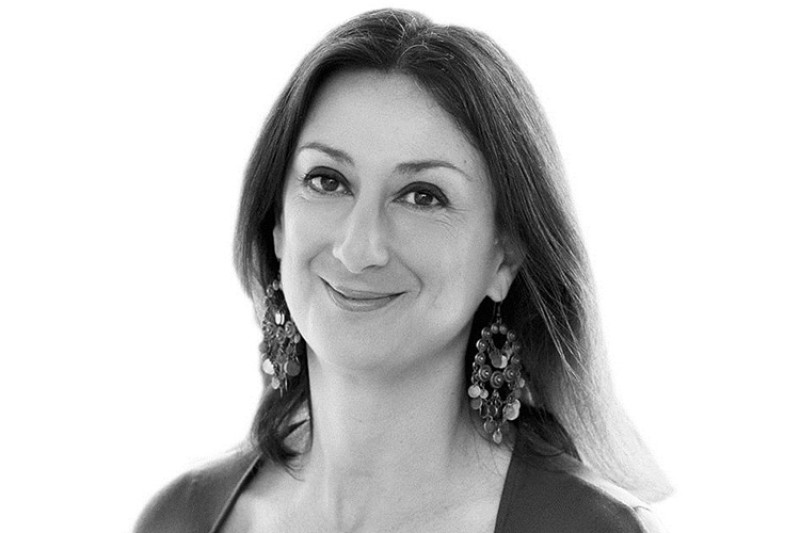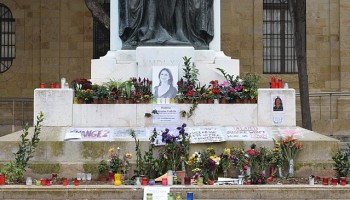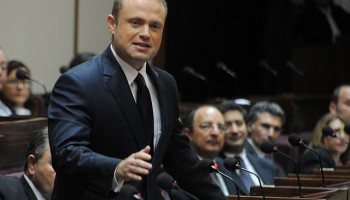Cutajar, who stepped down from his post in January following the resignation of Prime Minister Joseph Muscat, allegedly leaked information to the self-confessed middleman who helped plant a car bomb that killed Caruana Galizia.
Before he left office, Muscat granted immunity to the middleman, Melvin Theuma, after he determined that he had provided sufficient evidence in the case.
Just hours before the criminal investigation was ordered against Cutajar, the former police chief gave an interview to the Times of Malta, denying that he had ever communicated with Theuma.
“I have never spoken to Melvin Theuma in my life, I don’t even know him,” he said.
Cutajar, who had been serving as a consultant for Malta’s Home Affairs Ministry was also removed from his post following news of his formal investigation.
"With the benefit of hindsight, the decision to give him a consultancy would certainly not have been taken," said Prime Minister Robert Abela.
Allegations against Cutajar appear to only scratch the surface of all the high-ranking politicians and businessmen that have been implicated in Galizia’s murder, along with the investigations she had been working on which expose cross-border instances of corruption.
Meanwhile, authorities raided Latvian Bank ABLV on Saturday after discovering that the bank was linked to a series of money transfers to 17 Black, a Dubai company that was owned by Yorgen Fenech, accused of having been the main mastermind behind Galizia’s murder.
“We urge Europe and authorities in Latvia to preserve all evidence from ABLV Bank and to initiate a Europol Joint Investigation Team (JIT) that will pull together evidence from Malta, Latvia, the Panama Papers, and other sources, and bring all those involved in corruption, murder and sabotage of investigations to justice,” the Daphne Caruana Galizia Foundation wrote in a statement on Sunday.
Galizia wrote about 17 Black prior to her death, alleging that it was connected to Maltese politicians - claims that many speculate could have lead to her murder and alleged cover-up by high-ranking Maltese politicians and public officials.
Following the latest developments during the trial, Roberta Metsola, a Maltese member of the European Parliament tweeted on Monday that the public should not "become immune to the gravity of the news breaking every day in Malta."
"The criminal underworld captured a political party, got into Government and used that power to enrich and protect themselves. Daphne Caruana Galizia understood this. She warned us, and she was killed for it," she wrote.






